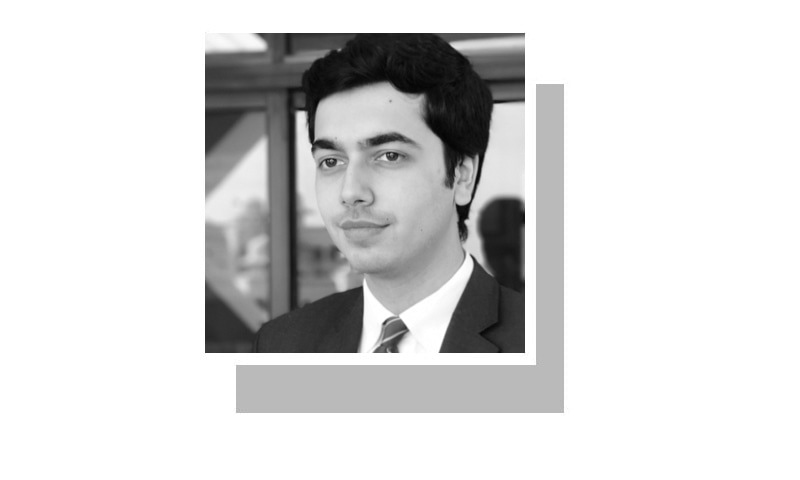
THERE’S a crazed blood ritual going on in America, and it goes something like this: a kid walks out of a store with a gun, specifically an AR-15 military assault rifle. It takes seven minutes to own, which is faster than he can access Sudafed, lawn darts, or unpasteurised milk in the same country. Slaughter ensues in hotels and high schools.
Since spree shootings are mostly the exclusive province of white males, they’re often taken alive (the police even treated church shooter Dylann Roof to Burger King on his way to jail). Mental illness is trotted out as the cause — the sort that never strikes women or blacks or Muslims or Mexicans the way it does dead-eyed white boys. Science has yet to tell us how such an illness cherry-picks its hosts according to race and sex.
And then America moves on. That’s the way of late capitalism: every poison has a patron, be it opiates or assault rifles. For the latter, there’s the National Rifle Association (NRA), a lobby that rates elected officials based on how sellable their souls are. Witness Senator Marco Rubio (A-plus rating) refusing to refuse NRA cash last week, with the audience booing and hissing and spitting on him. “We should change the names of AR-15s to Marco Rubios,” tweeted one survivor, “because they are so easy to buy.”
Pakistan has a major gun problem, and no one wants to talk about it.
But lawmakers aside, the gun lobby finally has the law behind it too: the US Supreme Court held in 2008 — in District of Columbia v. Heller — that the Constitution conferred on an individual the right to own a gun. The opinion was authored by Justice Scalia, right-wing gargoyle and gun nut.
The final nail came four years later, when 20 kids were shot dead at Sandy Hook elementary. That nothing happened marked the end of gun control for good — as one commentator put it, “Once America decided killing children was bearable, it was over.”
Nor does it matter who’s in charge. Vice president Cheney shot a man in the face. President Obama made teary-eyed speeches. President Trump called the Florida shooter a “sick puppy”. The result remains the same: guns are fired inside American schools once a week, and won’t be falling silent anytime soon.
What we learn from the American example is this: gun violence is directly linked to the number of guns. More and more research is ruling out all else — Americans have the same mental health stats, play the same violent video games, and suffer the same immigration fears as other wealthy countries. Where they stand alone, however, is that four per cent of the world’s population owns 42pc of the world’s guns.
Which brings us to the Islamic Republic at home, where the picture isn’t prettier. Pakistan was, as of 2016, the ninth-largest arms importer in the world. We’re awash in guns because the laws are lax, the culture is conducive, and the border is ‘porous’.
Not that it has to be this way: our Constitution confers no right to own guns — Article 256 even goes as far as forbidding private armies.
Yet the state is in the business of propping up such armies wherever it chooses. First come the banned outfits our military establishment can’t help but hem and haw over, even as we get slapped with global grey-lists. Never has the fate of so many human beings been tied up with the fate of so few hardened criminals.
We also have repeat offenders on the civilian side. On Aug 9, 2011, then interior minister Rehman Malik claimed Karachi would be deweaponised in phases. By 2013, he had promised arms licences to lawyers, traders, and political parties, and admitted issuing 69,473 prohibited bore licences to MNAs alone.
The provinces haven’t helped either: Punjab tried outsourcing security to private citizens via its Security of Vulnerable Establishments Act, 2015. The KP government issued 161,416 licences in its first two years, whereas Sindh’s ex-home minister bragged he’d doled out 300,000.
For its part, the Supreme Court held in ‘Watan Party v. Federation’ that Karachi had to be “cleansed from all kinds of weapons by adhering to the laws [… and] promulgating new legislation”. But no such legislation was passed. Instead, the PPP’s last deweaponisation drive recovered a grand total of 16 weapons, after splurging Rs30 million on advertising.
In sum, Pakistan has a major gun problem, and no one wants to talk about it.
That changed with Prime Minister Shahid Khaqan Abbasi’s maiden address to parliament last August. In a refreshing break from his predecessor (Mian Nawaz Sharif’s speeches were and are low on specifics, high on self-pity, and climax always with roads, roads, and roads), the prime minister said there was no country in the world that allowed its citizens licences for automatic weapons.
“Stand outside parliament and a new militia will pass by every two minutes,” he said. The prime minister pledged that the cabinet would cancel licences for all automatic weapons and compensate gun-holders. Equally unlike his predecessor, he kept his word: the ban took effect last December.
Now to push ahead: licensing regimes for licit weapons require across-the-board rationalisation, while ammunition — its supply and purchase — requires documenting. For weapons illicit, the constantly fluctuating figures must be fixed, besides widened to include small arms and light weapons. As for militias, ‘proscription’ shouldn’t mean giving them better disguises, and both our culture and curriculum need to be weaned away from guns and glory, Ghori and Ghaznavi.
Finally, a state that cannot provide security is no state at all. There can be no greater indictment of this country than the fact that Bacha Khan University’s teachers seek arms training.
Guns kill. “Unlike cars,” departed columnist Molly Ivins wrote, “that is all they do.” It’s time we took our cues from a higher source.
The writer is a lawyer.
Published in Dawn, March 3rd, 2018













































